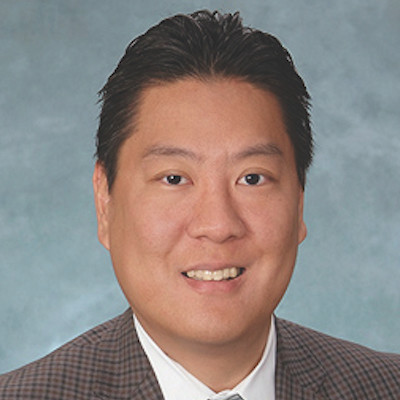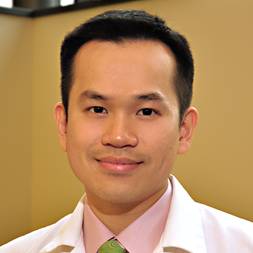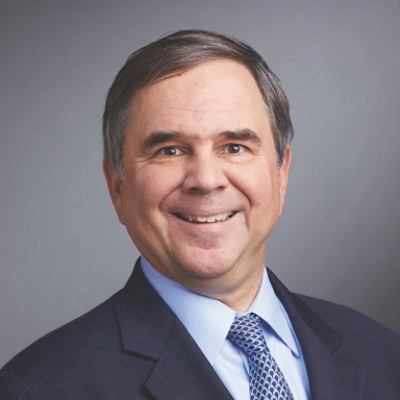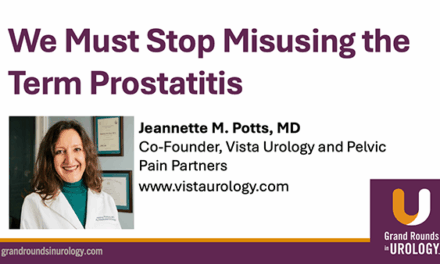E. David Crawford, MD; Phillip J. Koo, MD; Paul L. Nguyen, MD; and Daniel P. Petrylak, MD, presented “PET Tumor Board Case 3: Failing ADT and Proton Therapy” for the Grand Rounds in Urology audience in December 2023.
How to cite: Crawford, E. David. MD, Koo, Phillip J., MD, Nguyen, Paul L., MD, and Petrylak, Daniel P., MD. “PET Tumor Board Case 3: Failing ADT and Proton Therapy.” December 2023. Accessed Nov 2025. https://grandroundsinurology.com/pet-tumor-board-3/
PET Tumor Board Case 3: Failing ADT and Proton Therapy- Summary
In this discussion, the third in a trilogy on PSMA PET supported by Blue Earth Diagnostics, E. David Crawford, MD, Editor-in-Chief at Grand Rounds in Urology, leads a discussion of the case study of a 60-year-old male presenting with a PSA of 10.5 ng/ml and a Gleason score of 7 after failing 6 months of ADT and Proton Therapy. He presents this case study to a panel of experts comprised of:
- Phillip J. Koo, MD – Division Chief of Diagnostic Imaging and Northwest Region Oncology Physician Executive at the Banner MD Anderson Cancer Center.
- Paul L. Nguyen, MD – Director for Radiation Oncology at the Dana-Farber/ Bringham and Women’s Genitourinary Clinical Center; Vice-Chair of Clinical Research in the Department of Radiation Oncology and Professor at Harvard Medical School; Baldwin-Politi Distinguished Chair in Oncology and Associate Director of the Harvard Radiation Oncology Residency Program at Brigham and Women’s Hospital in Boston, Massachusetts.
- Daniel P. Petrylak, MD – Director of Genitourinary Oncology, Professor of Medicine and Urology, Co-Leader of Cancer Signaling Networks, and Co-Director of the Signal Transduction Program at Yale University Cancer Center in New Haven, Connecticut.
Dr. Crawford begins by noting that the patient’s conventional imaging results were negative, and asks Dr. Koo whether conventional imaging was indicated in this case. Dr. Koo notes that new RADAR guidelines do not indicate the need for conventional imaging, since the patient’s PSA was greater than 10 ng/ml and his Gleason score was greater than or equal to 7.
Dr. Crawford then asks the panel to weigh in on the patient’s Grade Group, and the panel places the patient in Grade Group 3, Unfavorable Intermediate. When asked about the next steps, the panel unanimously decides on PSMA PET for the patient, with Dr. Petrylak citing the patient’s previous ADT treatment as a major factor in his decision.
Dr. Crawford and the panel then briefly discuss the ambiguity of the term “ADT.” The term “ADT” has been used for years to describe “Androgen Deprivation Therapy,” the use of hormone therapy to treat prostate cancer by depriving the cancer of androgens. However, a number of new agents have been introduced which have effects other than lowering androgens, like Androgen Directed Therapy, potentially rendering the term “ADT” ambiguous. If you would like to share your perspective on ADT terminology, please take a moment to answer this brief survey.
Returning to the case study, Dr. Crawford presents the patient’s follow-up results to the panel, showing a very strong late reaction to the previous therapy in his bladder. After Dr. Nguyen’s recommendation of hyperbaric oxygen (HBO), Dr. Crawford reveals that the patient was treated with HBO for 4 weeks.
After 3 months, the patient presented with a PSA of 8.32 ng/ml. Dr. Koo, with support from the panel, recommends PSMA PET, and points out the limitations of the MRI and CT scans that had been previously done on the patient. Dr. Crawford then presented the results from the patient’s biopsies, which appeared to indicate benign tissue.
Finally, Dr. Crawford reveals the results from the patient’s PSMA PET scan. The scan revealed multiple foci of increased uptake within the prostate gland which had been missed in the biopsies. The panel concludes with a diagnosis of metastatic cancer and a recommendation for a course of ADT and 3rd-generation anti-androgens as treatment.
This is the third talk in a trilogy of discussions on PSMA PET supported by Blue Earth Diagnostics. For the first installment, click here. For the second installment, click here.

Phillip J. Koo, MD
Banner MD Anderson Cancer Center
Phoenix, Arizona

Paul L. Nguyen, MD
Dana-Farber Cancer Institute
Boston, Massachusetts

Daniel P. Petrylak, MD
Yale University Cancer Center
New Haven, Connecticut
ABOUT THE AUTHOR
Researcher-physician E. David Crawford, MD, Jack A. Vickers Director of Prostate Research and Professor of Urology at the University of California, San Diego, has devoted his career in medicine to educating the public about men's health issues and finding effective techniques and procedures to address prostate cancer, the most common malignancy affecting men in the United States.





